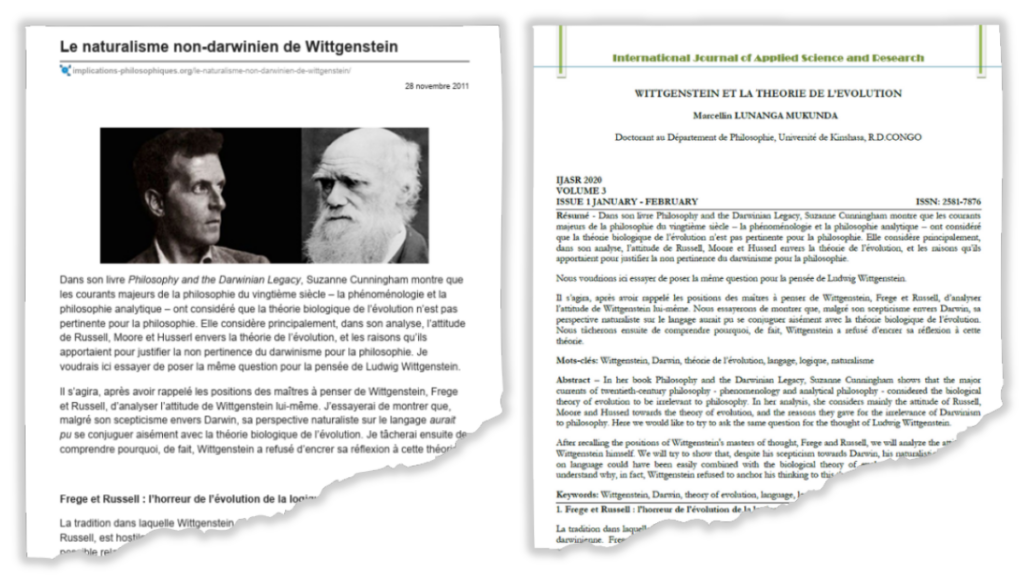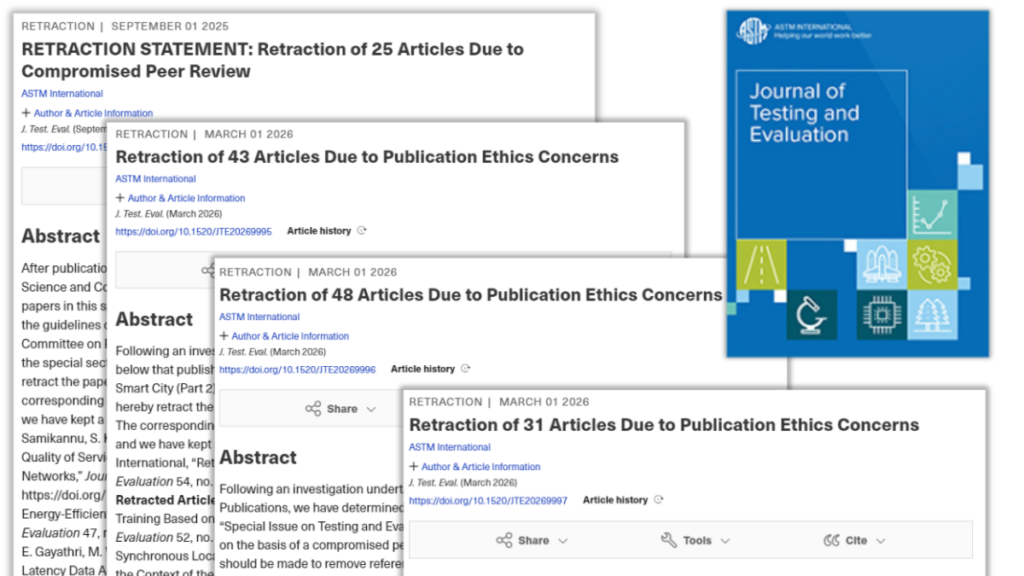
If your week flew by — we know ours did — catch up here with what you might have missed.
The week at Retraction Watch featured:
- Spanish court rules researcher plagiarized colleague, orders withdrawal of works
- Mega-journal Heliyon retracts hundreds of papers after internal audit
- Lancet flags long-scrutinized report of infant poisoned by opioids in breast milk
- Journal silently removes paper for plagiarism, author claims identity theft
- U.S. ORI’s first finding of 2026: Researcher faked data in grant apps
In case you missed the news, the Hijacked Journal Checker now has more than 400 entries. The Retraction Watch Database has over 63,000 retractions. Our list of COVID-19 retractions is up over 640, and our mass resignations list has 50 entries. We keep tabs on all this and more. If you value this work, please consider showing your support with a tax-deductible donation. Every dollar counts.
Here’s what was happening elsewhere (some of these items may be paywalled, metered access, or require free registration to read):
Continue reading Weekend reads: Largest leucovorin-autism trial retracted; a paper mill detector for cancer research articles; infant opioid poisoning report flagged






